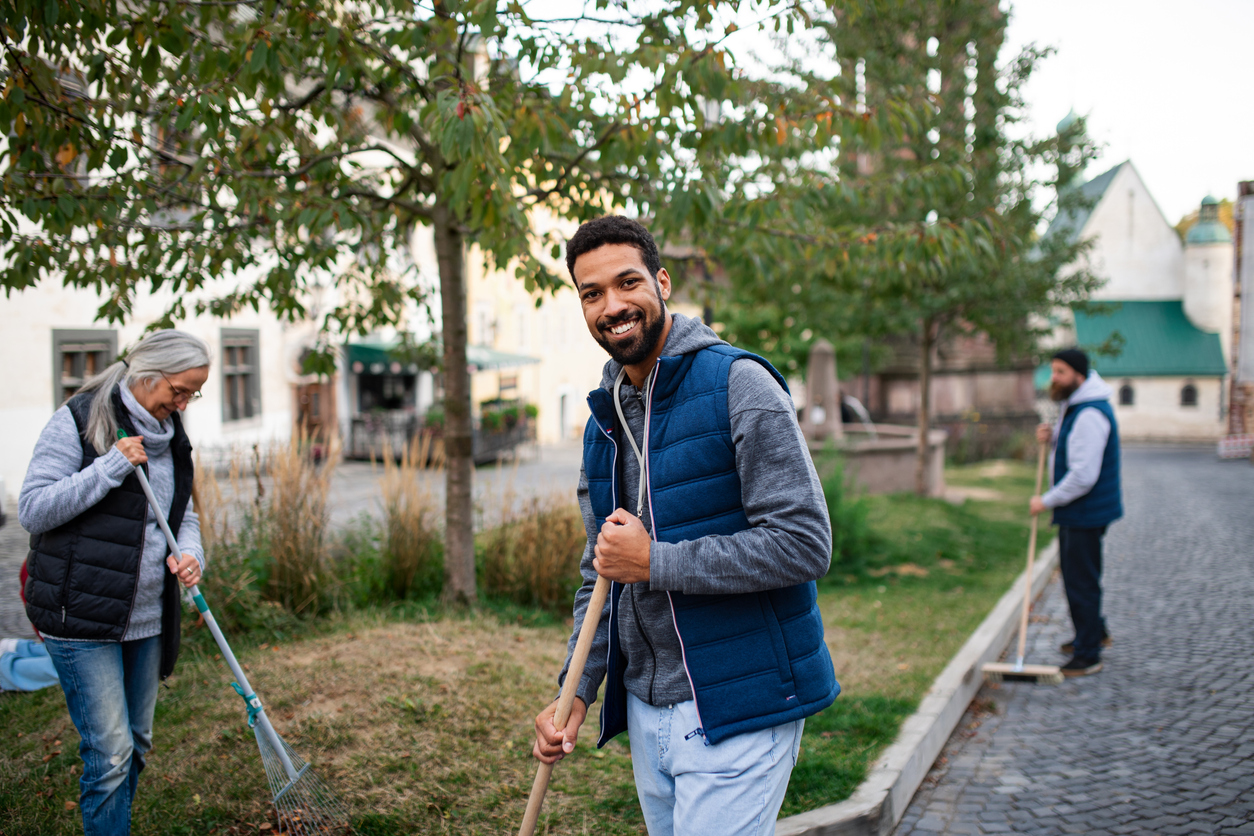The Significance of Serving Others

Researchers are studying — and finding — that human brains are hardwired to give. One study explores how the human brain benefits from giving. Community service, in particular, gives back to volunteers in many ways.
Community Service Connects People
Volunteers who work together to serve others broaden their support network. This sense of belonging is vital to human health on every level.
People who volunteer as a family can grow closer and learn to communicate more effectively in situations outside of the home. Furthermore, becoming an active part of the community increases everyone’s sense of belonging. It can be beneficial for people who have just moved to your area. Feeling a sense of belonging helps all family members interact with more kindness toward each other and the wider community.
Volunteering Teaches Skills
While you may work to match volunteers with tasks that require specific skills they already have, they also benefit from being asked to stretch to learn new skills gently. This new learning can undoubtedly benefit your organization and the community, but it also helps volunteers. New talents can help them in their careers. Community service allows volunteers to learn job- and life-enhancing practices, including:
- Effective communication
- Problem-solving
- Task management
- Teamwork
Volunteers in community service work need positivity and passion. Regular service work can help people adjust their perspectives to experience some of the psychological benefits researchers are studying.
Community Service Offers Fulfillment and Fun
Volunteers work better when they are having fun. You can help by adopting specific practices and fostering a free-spirited environment. You can encourage volunteers to practice and expand their creativity and develop a sense of motivation as a leader. It can help them in both their private and professional lives.
Limited Mobility Is no Barrier to Volunteering
Sometimes people who want to volunteer lack transportation, have a busy schedule or live with physical challenges. There are fundamental ways they can help your organization, including handling emails and social media accounts, designing, and writing.
If you have remote volunteers, guide them in establishing beneficial practices for working from home. Remote volunteers also need to be reassured they are not alone. Let them know you are ready and willing to support them and answer questions.
If you have enjoyed this content and find it helpful, we invite you to become a VIS member. For $25 a year, members have 24/7 access to over 70 resources on insurance, injury prevention, vehicle safety, event safety, human resources, volunteer management, and other topics to help the volunteer-based organization manage its foreseeable risks. New content is added each month. Join now. Questions? Email us at volunteers@visvolunteers.com or call us at 800.222.8920.
About VIS
Volunteers Insurance Service Association, Inc. (VIS) was established in 1972 for the purpose of providing insurance and risk management services for volunteer-based organizations. In addition to still providing these insurance services today on a nationwide scale, we have expanded to provide noninsurance resources for members to manage their risks and improve their operations. By transferring the volunteer risk exposure to our program, we can help you protect your organization. Contact us today at (800) 222-8920 for more information on our programs and services. Join now!
